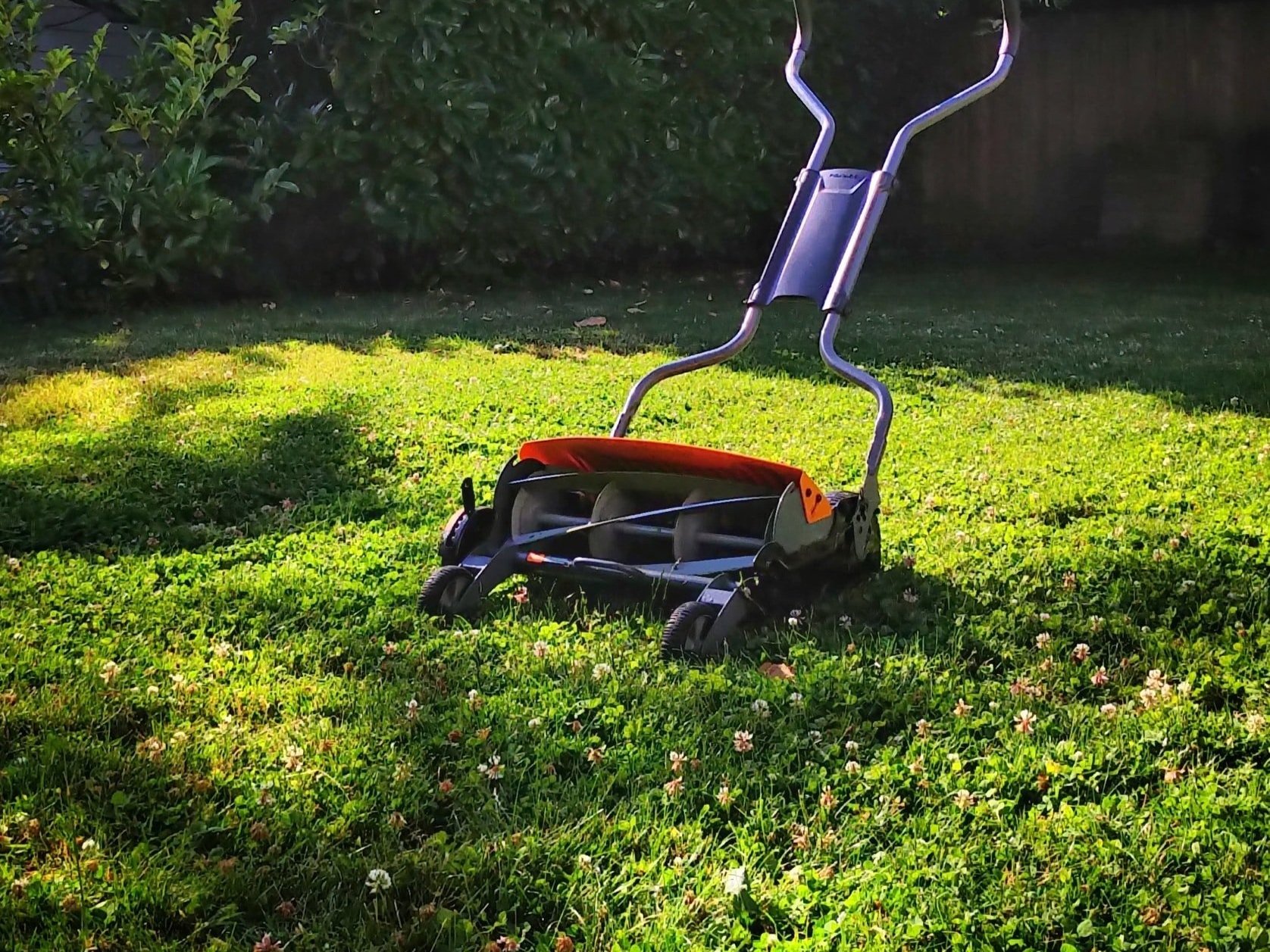
LAWN & GARDEN
Green Actions
Pesticides and herbicides are toxic substances that may pose a health risk to your family, pets, and wildlife. (Greenscapes)
LAWN * SHRUB & FLOWER * HARDSCAPE * INVASIVE PLANTS
LAWN ACTIONS
test and adjust soil conditions to promote healthy plant growth
fertilize in the fall, if at all (fertilizing in the fall helps plants build deep, strong roots)
reduce the size of your lawn by planting other kinds of plants
make a place for clover, dandelions, violets, wild strawberry, and other native ground cover in your yard
replace your bluegrass with native fescues which are drought tolerant, pest resistant, and can survive in both sunny and shady areas
keep your lawnmower blades sharp to minimize damage to grass during mowing
set your mower to leave grass 3 inches tall
leave leaves and grass clippings on the lawn - they are 85% water and decompose quickly
mow during dry conditions to prevent risk of fungus and disease
seed over existing lawn in the fall when conditions are cooler and wetter
add a thin layer (½ inch or less) of compost to your lawn to promote healthy soil and healthy plants
use grass clippings, dead leaves and cuttings from prunings as free, natural fertilizer
remove invasive plants from your yard
plant native plants to eliminate the need for watering, fertilizers and pesticides
Have a question about sustainable yards?
Ask a Coach
Want to suggest another action? Email us
To stay healthy, plants—even grass—generally need only one inch of water per week. Outside of drought conditions, Massachusetts gets an average of 3.75” of rainfall per month, nearly satisfying your lawn’s needs!




